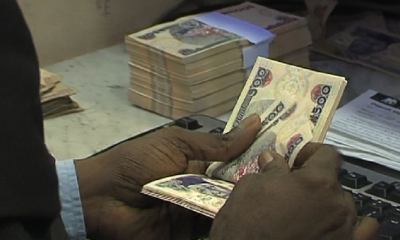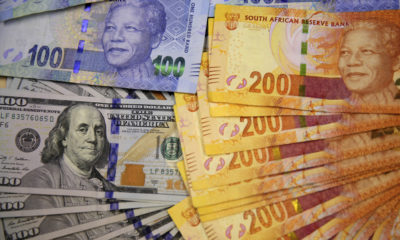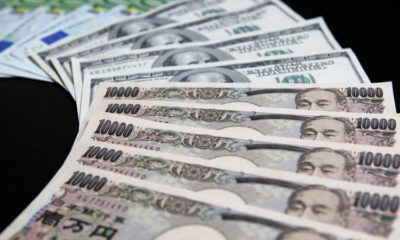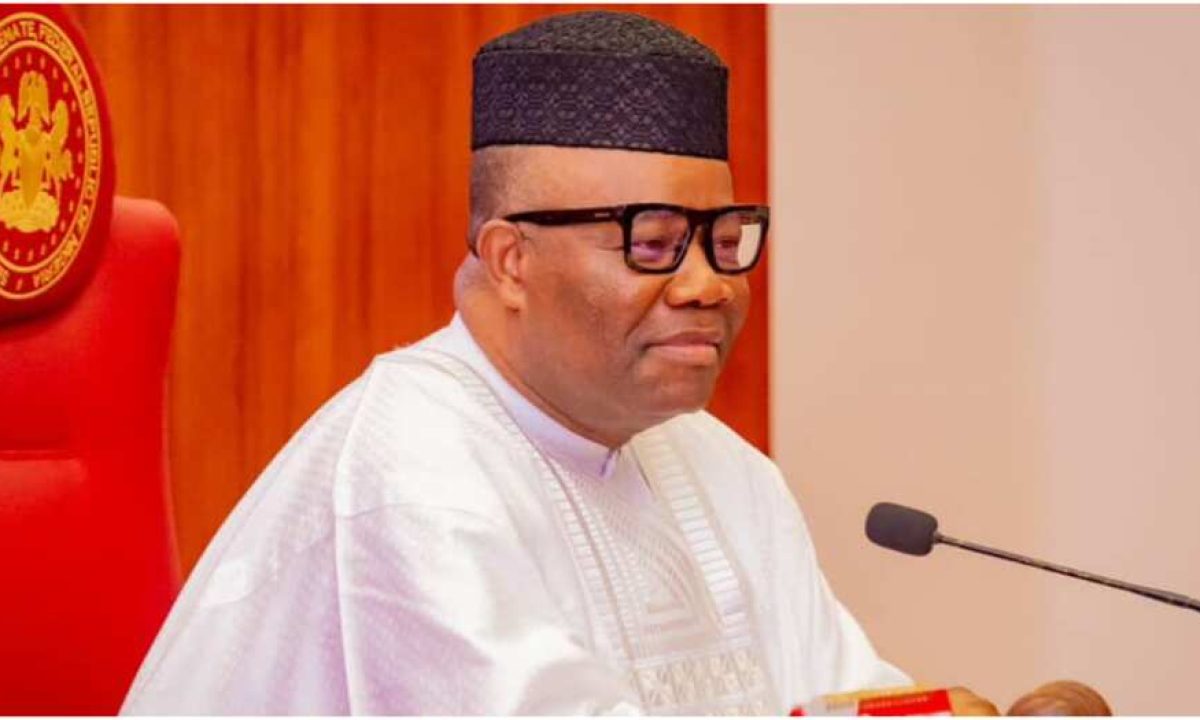In a bold move to propel Nigeria towards a $1 trillion economy by 2030, the federal government has launched an ambitious initiative aimed at establishing an operating model and framework for economic and financial inclusion.
This initiative, announced on Wednesday, underscores the administration’s commitment to combating poverty and driving sustainable economic growth from the ground up.
Vice President Kashim Shettima, speaking during the kickoff meeting for the initiative, highlighted its significance as a core component of President Bola Ahmed Tinubu’s Renewed Hope Agenda.
The Vice President emphasized that this project symbolizes the administration’s dedication to enhancing financial and economic inclusion across Nigeria.
“This initiative represents our unwavering commitment to providing universal access to financial services and creating a broad-based prosperity that will lift millions out of poverty,” Shettima said. “At the heart of every strategy championed by President Tinubu, there has been a need to prioritize inclusive economic growth and development.”
The launch of the Aso Accord on Economic and Financial Inclusion on April 25, 2024, laid the groundwork for this multi-faceted blueprint.
The accord aims to achieve universal access to financial services, addressing both economic and security challenges through inclusive growth.
Vice President Shettima noted several positive outcomes from the administration’s efforts, including the recent upgrade of Nigeria’s credit outlook to positive by Fitch Ratings.
This upgrade reflects growing confidence in Nigeria’s economic trajectory and the progress of policy reforms aimed at easing the country’s debt service burden.
“While such an upgrade by a distinguished institution reflects growing confidence in our economic trajectory, particularly in light of policy changes aimed at easing our debt service burden, we remain mindful of the short-term impacts of these reforms,” Shettima said.
“Hence, we are prioritizing measures to mitigate immediate effects, from the Student Loan Act, which democratizes access to education, to the relentless efforts of the Federal Ministry of Agriculture and Food Security in combating food insecurity.”
The Vice President stressed that the approach to inclusive growth must be strategic and sustainable, hence the elevation of economic and financial inclusion to the agenda of the National Economic Council (NEC).
This body includes governors from all 36 states and the FCT minister, who participate in crucial policy deliberations alongside other stakeholders.
“You have been entrusted with a vital national assignment, and I have full confidence that you will bring your best efforts to ensure its success,” Shettima told the implementation team.
“As we embark on this essential initiative, I call upon each of you to contribute your insights, expertise, and dedication. Only through such resolve and discipline can we forge a robust operating model that will drive economic and financial inclusion across our nation, ensuring every Nigerian has the opportunity to thrive.”
Technical Advisor to the President on Financial Inclusion, Dr. Nurudeen Abubakar Zauro, reported substantial progress in implementing the Aso Accord on financial inclusion.
The initiative has garnered support and funding from notable organizations, including the Bill & Melinda Gates Foundation through the Lagos Business School.
Dr. Zauro detailed the ongoing efforts to set up the operating model and legal framework to ensure the project’s smooth takeoff and alignment with the Renewed Hope Agenda.
The team includes Augmentum Advisory, Banwo & Ighodalo, and Ndarani (SAN) & CO. He also highlighted plans for capacity-building initiatives and high-profile training for permanent secretaries and finance commissioners to enhance practical knowledge of financial inclusion.
Prof. Olayinka David-West, Project Manager at the Lagos Business School, commended the administration for prioritizing economic and financial inclusion.
She noted that the initiative aims to establish a legal framework and national coordination to drive ownership and successful implementation across the country.
The project seeks to galvanize relevant authorities and stakeholders to key into the initiative, creating a robust platform for inclusive economic growth that will transform Nigeria into a $1 trillion economy by 2030.

 Startups1 week ago
Startups1 week ago
 News5 days ago
News5 days ago
 Sport Business2 weeks ago
Sport Business2 weeks ago
 Naira4 weeks ago
Naira4 weeks ago
 Naira4 weeks ago
Naira4 weeks ago
 Naira3 weeks ago
Naira3 weeks ago
 Naira3 weeks ago
Naira3 weeks ago
 Naira3 weeks ago
Naira3 weeks ago


























